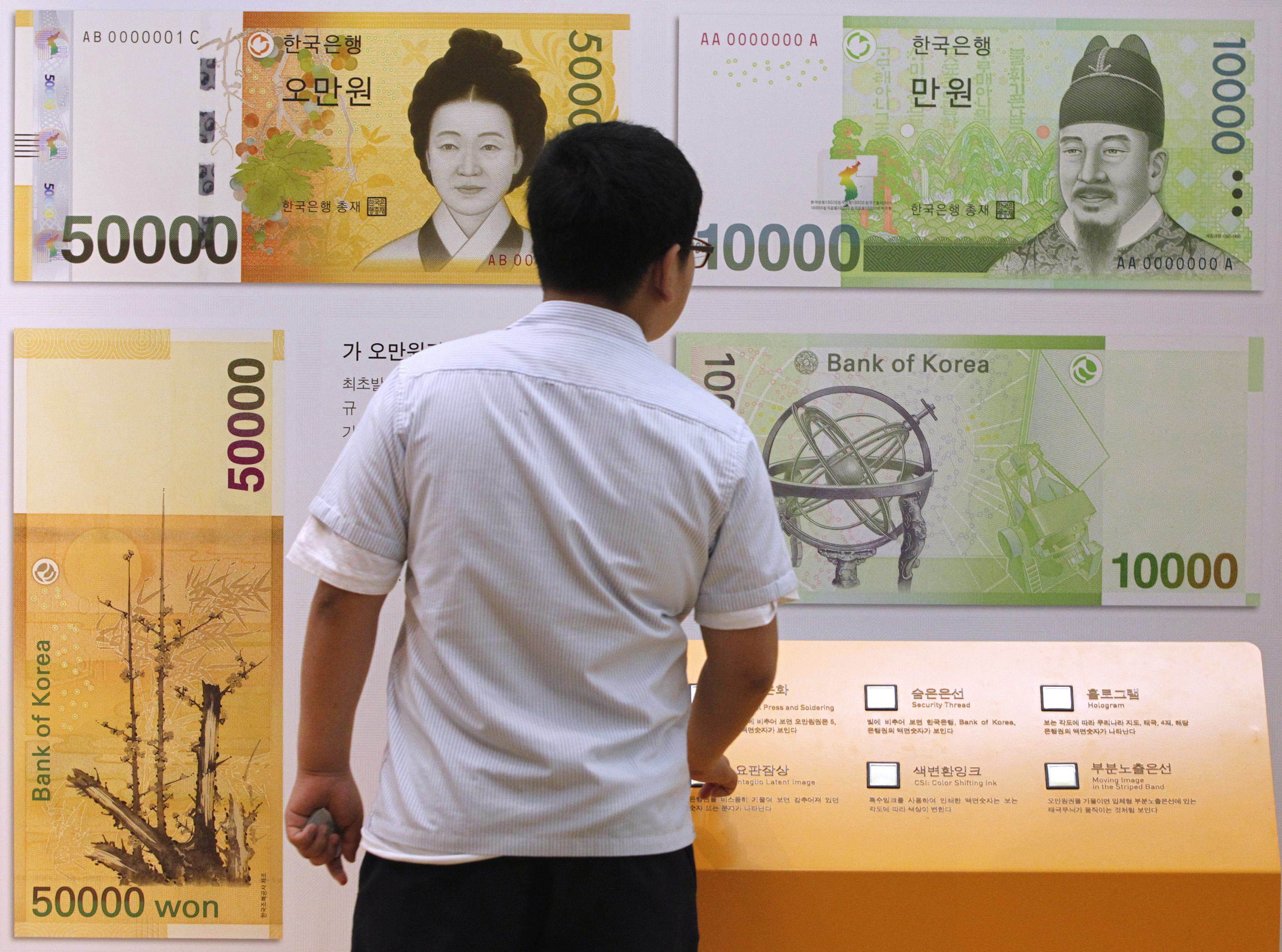Mother’s murder of daughter lays bare South Korea’s deepening debt crisis
A mother’s 15-year prison sentence for her daughter’s murder illustrates the extreme human cost of South Korea’s spiralling household debt

A woman in South Korea who killed her adult daughter after believing their family would never be able to pay off debts has been sentenced to 15 years in jail by the appellate court – up from an original 12 years behind bars.
The Korea Herald on Wednesday reported that Gwangju High Court upheld the woman’s conviction while imposing a heavier sentence on the accused, 60, who murdered her daughter, 33, on February 12, 2023.
The accused reportedly drugged her daughter and strangled her to death out of despair over a debt of 300 million won (US$217, 556) from the older woman’s restaurant business, with up to 60 million won under the victim’s name.
The prosecution sought a heavier sentence, arguing the initial 12-year jail time was too lenient for the crime, adding: “The young daughter had dreams and she would’ve wanted to live, even if she had debt because of her mother.”
Delivering its ruling, the high court stated: “The defendant took the life of her family for an unacceptable reason of ‘psychological pressure for the victim.’ This is unacceptable.”

Mounting debt crisis
The latest case also spotlights the problem of rising household debt in South Korea – a worrying trend previously reported by various media and raised by experts who pointed to the country’s housing system, gambling habits, and overuse of credit cards.
The Korea Herald in March reported that South Korea’s household debt-to-GDP ratio was the world’s second-highest, coming in at 91.7 per cent in the fourth quarter of 2024, after Canada among 38 major nations, according to data from the Institute of International Finance.
The crisis faced by families has also spawned mental health problems.
Between 2014 and 2018, more than 800 people in South Korea attempted suicide by jumping off the notorious Mapo Bridge in Seoul, known locally as the “Bridge of Death”, according to a 2020 report by CNA. The leading reason for such acts was singled out as debt.
The report pointed to South Korea’s reliance on credit-card spending at the time – at 40 per cent of gross domestic product, compared with 18 per cent in the United States.
It also cited statistics from the Korean Centre on Gambling Problems that showed the number of teenagers treated for gambling addiction, mostly on illegal websites, rose from 168 in 2015 to 1,027 in 2018.
Local media Hankyoreh in 2019 highlighted another grim case that shed light on gaps in the country’s financial welfare system and debt safety net – with a mother and her three daughters committing suicide due to financial troubles.
In that tragedy, the bodies of a woman in her 70s and her daughters, all in their 40s, were found in an apartment in Seoul’s Seongbuk district.
Unhandled type: inline-plus-widget {“type”:”inline-plus-widget”}
“The four women had debt from banks and other financial institutions, and letters demanding debt repayment and a suicide note were found at the scene. Given those circumstances, we presume this tragic incident was caused by the family’s financial problems,” an official at the Seoul Metropolitan Police Agency was quoted as saying.
Hankyoreh cited experts in debt adjustment as saying the family could have been under “extreme psychological duress” because of harassment from debt collectors.

In 2021, at the height of the popularity of the Netflix hit Squid Game, a Guardian report pointed out that the dystopian drama’s inspiration was based on the personal debt problems that South Koreans faced.
Citing an interviewee under the pseudonym Choi Young-soo, The Guardian, drawing parallels with the debt-laden characters in Squid Game, reported: “Choi’s desperate situation is real – he is one of a large and growing number of ordinary South Koreans who find themselves choked by debt, in a country where taking out a loan is as easy as buying a cup of coffee.”